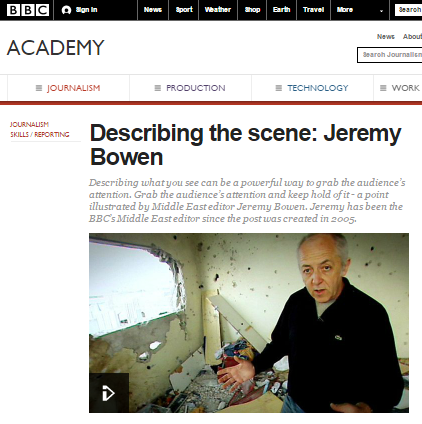1) As noted here last week, the BBC did not produce any reporting about the recent visit to Iran by a Hamas delegation. The JCPA has an article explaining the significance of that visit.
“Now, again, the Iranian regime is telling the Hamas leadership in no uncertain terms that the Islamic movement must make a “correct” strategic decision, consistent with the changing balance of power in the Middle East, and align with Iran, which has become a regional superpower. Its hegemonic status now grounded in the Shiite crescent, which includes Iraq, Yemen, Syria, and Lebanon, Iran is leading the ongoing struggle against Israel. In his meeting with Izzat al-Rishk, Parliament Chairman Larijani said that Hamas must draw conclusions from the Middle Eastern developments in recent years, particularly those in Iraq and Syria.”
2) At the Tablet, Tony Badran discusses Hizballah’s ‘shopping list’.
“In remarks delivered at the Port of Beirut, Ambassador Richard reviewed the material contents of a $100 million contribution that the US is making to the Lebanese Armed Forces (LAF), which last month provided support to Hezbollah in a joint military operation in northeastern Lebanon. Hailing the first eight of a promised thirty-two M2A2 Bradley Fighting Vehicles that the US will be delivering to the LAF, Richard reviewed the items the US has delivered to the LAF over the past 12 months. Along with heavier weapons, Richard revealed, the list includes “4,000 M4 rifles,” “320 night vision devices and thermal sights,” and “360 secure communication radios.”
Why is this noteworthy? Well, as it happens, these precise items have been on Hezbollah’s shopping list consistently for almost a decade.”
3) At the Weekly Standard, Matthew Brodsky also addresses the topic of the blurred lines between the Lebanese Armed Forces and Hizballah.
“The problem with the policy expansion in Lebanon is that the LAF today is simply another arm of Hezbollah, the terrorist group that runs Lebanon. Even Sunni politicians like Prime Minister Saad Hariri, who visited President Trump at the White House in July, are forced to play by the Shiite proxy’s rules. That means U.S. support for the LAF is helping Iran, which spawned Hezbollah in Lebanon in 1982. That news should be concerning because until 9/11, Hezbollah held the distinction of being the terrorist group responsible for killing the most Americans.”
4) MEMRI has published a report on the Palestinian Authority’s 2017 budget that highlights a topic serially under-reported by the BBC: the PA’s payment of salaries to convicted terrorists.
“The salaries, as noted, are paid to the prisoners themselves while they are incarcerated. The most significant criterion for the amount they receive is the length of their prison sentence, not their socioeconomic situation or their family situation. Obviously, the sentence depends on the severity of their offense, so the worse the offense, the higher the salary. In this way, the PA offers economic incentives for serious offenses involving endangering human life and murder.
A prisoner serving up to three years for, say, possessing ammunition receives a basic monthly salary of NIS 1,400 (about US $390). A prisoner serving 10 to 15 years for, say, causing bodily harm or injury with a weapon receives a basic salary of NIS 6,000 (about US $1,700), and a prisoner serving 30 years or more for multiple offenses, including murder which alone gets him a 20-year sentence, receives a basic salary of NIS 12,000.”



